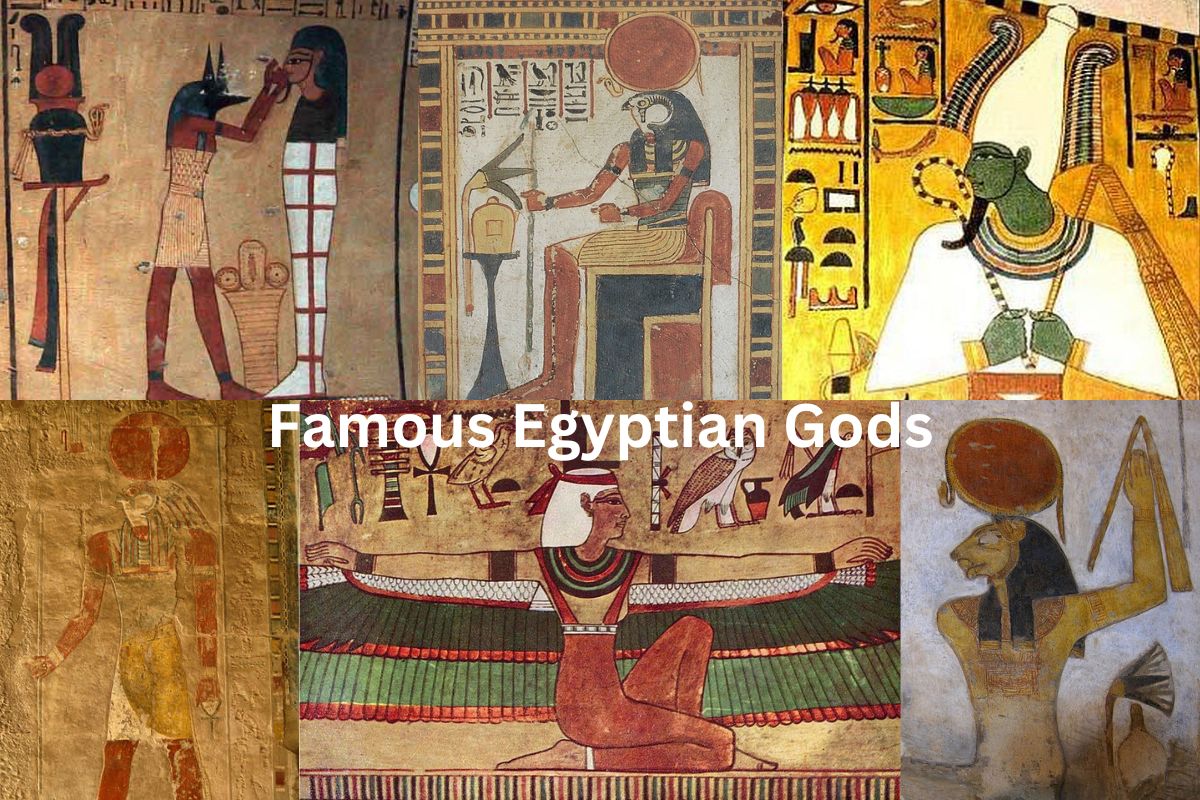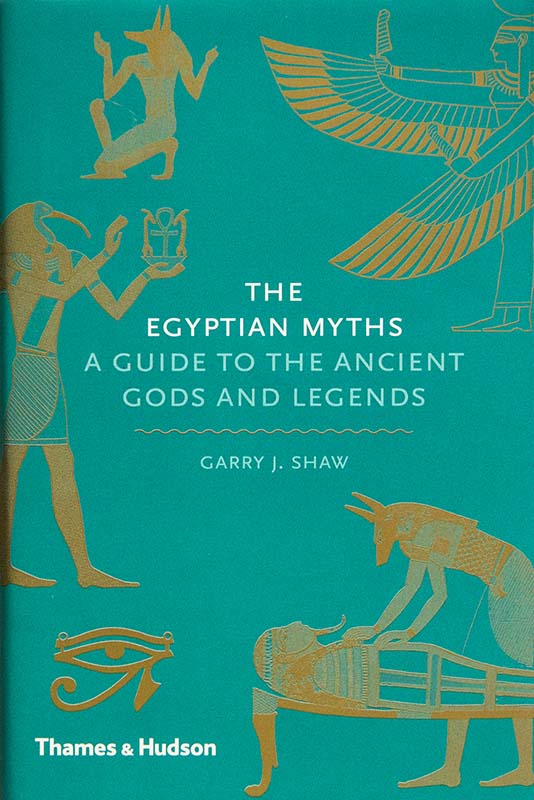Hey there, folks! If you've ever wondered about ancient Egypt and what truly mattered to them, buckle up because we're diving into something epic. The Egyptian believed the most significant parts of life revolved around balance, spirituality, and preparing for eternity. This isn't just about mummies and pyramids; it's a deep dive into their worldview. So, grab a cup of coffee, and let's get started.
Now, when we talk about ancient Egypt, it's easy to get lost in the grandeur of their structures and rituals. But the core of their beliefs was rooted in something much more profound. The Egyptian believed the most significant aspects of life were tied to Ma'at, the concept of order, truth, and justice. It was like their blueprint for existence, both in life and beyond.
What makes this even more fascinating is how they wove these beliefs into every aspect of daily life. From the way they governed their society to the rituals they performed for their gods, everything was interconnected. The Egyptian believed the most significant moments in life were not just about survival but about achieving harmony with the cosmos. Stick around, and we'll unpack this together.
Read also:Megan Fox Erome Unveiling The Glamorous Side Of The Internet Sensation
Understanding the Egyptian Belief System
To truly grasp what the Egyptians believed, we need to zoom out and look at the big picture. Their belief system wasn't just a set of rules or rituals; it was a way of life. Imagine a society where every action, big or small, was influenced by the idea of maintaining cosmic balance. That's what the Egyptians were all about.
Core Beliefs and Their Significance
At the heart of their belief system was the idea of Ma'at. Think of it as the golden rule of ancient Egypt. Ma'at wasn't just a goddess; she represented the order that kept chaos at bay. The Egyptians believed that by living in harmony with Ma'at, they could ensure a smooth transition to the afterlife. And let's be honest, that afterlife was a big deal to them.
Here are a few core beliefs that shaped their worldview:
- Ma'at as the Cosmic Order: Everything in life was about maintaining balance.
- Respect for the Gods: The pantheon of gods played a crucial role in guiding their lives.
- Preparation for the Afterlife: This wasn't just about building pyramids; it was about living a life worthy of eternal existence.
Life in Ancient Egypt: More Than Meets the Eye
When we think about life in ancient Egypt, it's easy to picture pharaohs and grand temples. But the reality was much more nuanced. The Egyptians had a rich social structure that was deeply influenced by their beliefs. Their daily lives were a reflection of their spiritual convictions.
How Religion Shaped Daily Life
Religion wasn't just a part of life; it was life. The Egyptians believed that their gods were actively involved in every aspect of existence. From the rising of the sun to the flooding of the Nile, everything was seen as a divine act. This belief system created a culture where rituals and offerings were a regular part of life.
Here are some ways religion influenced daily life:
Read also:Barr Trump The Inside Story You Need To Know
- Temple Worship: Temples were the center of religious and social life.
- Rituals and Festivals: These were not just celebrations; they were ways to honor the gods and maintain Ma'at.
- Family Life: Even family dynamics were influenced by religious beliefs, emphasizing respect and harmony.
The Afterlife: The Ultimate Goal
If there's one thing the Egyptians took seriously, it was the afterlife. They believed that life on earth was merely a preparation for eternity. This belief led to some of the most iconic structures in history, like the pyramids and tombs filled with treasures.
Preparation for Eternity
The journey to the afterlife was no small feat. The Egyptians believed that the soul had to pass through various trials and judgments before reaching the Field of Reeds, their version of paradise. This process was detailed in texts like the Book of the Dead, which served as a guide for the deceased.
Here are some key elements of their afterlife beliefs:
- The Weighing of the Heart: The heart was weighed against the feather of Ma'at to determine one's worthiness.
- The Role of Anubis: As the god of mummification, Anubis played a crucial role in guiding souls to the afterlife.
- Tombs and Treasures: These were not just for show; they were tools to aid the soul in its journey.
Key Figures in Egyptian Mythology
Every great belief system has its cast of characters, and ancient Egypt was no exception. Their pantheon of gods was vast and complex, each representing different aspects of life and the cosmos. Understanding these figures helps us appreciate the depth of their belief system.
Who's Who in Egyptian Mythology
Here are some of the most significant gods and goddesses:
- Ra: The sun god, symbolizing power and creation.
- Isis: The goddess of magic and motherhood, known for her role in resurrecting Osiris.
- Osiris: The god of the afterlife, representing rebirth and fertility.
- Horus: The falcon-headed god, symbolizing kingship and protection.
The Role of Pharaohs in Egyptian Beliefs
When it comes to ancient Egypt, the pharaohs were more than just rulers. They were seen as divine beings, intermediaries between the gods and the people. Their role was crucial in maintaining Ma'at and ensuring the prosperity of the kingdom.
Divine Kingship
The concept of divine kingship was central to Egyptian society. The pharaohs were believed to be the earthly manifestations of Horus, making their words and actions sacred. This belief gave them immense power and responsibility.
Here are some key aspects of divine kingship:
- Rituals and Ceremonies: These were essential to reinforce the pharaoh's divine status.
- Building Projects: Monuments like pyramids were not just for show; they were part of the pharaoh's divine duty.
- Legislation and Governance: The pharaoh's laws were seen as extensions of divine will.
The Influence of Egyptian Beliefs on Modern Culture
Fast forward to today, and the influence of ancient Egyptian beliefs is still felt in various ways. From movies to fashion, their legacy continues to inspire and captivate. But beyond the superficial, their ideas about balance and eternity resonate deeply with many people.
Modern Interpretations of Ancient Beliefs
Here are a few examples of how ancient Egyptian beliefs have influenced modern culture:
- Symbolism in Art: The eye of Horus, ankh, and other symbols are still popular today.
- Religious Practices: Some modern spiritual practices draw inspiration from ancient Egyptian rituals.
- Architectural Inspiration: The grandeur of Egyptian structures continues to inspire architects worldwide.
Challenges and Criticisms
Of course, no belief system is without its challenges. Critics have pointed out that the Egyptian focus on the afterlife might have led to neglecting earthly concerns. Others argue that the rigid social structure limited individual freedoms. However, it's important to view these beliefs in their historical context.
Addressing Criticisms
Here are some counterarguments to common criticisms:
- Focus on the Afterlife: This belief encouraged ethical living and long-term thinking.
- Rigid Social Structure: While it may seem restrictive, it provided stability in a rapidly changing world.
The Legacy of Egyptian Beliefs
In conclusion, the Egyptians believed that the most significant aspects of life were tied to balance, spirituality, and preparation for eternity. These beliefs shaped their society, culture, and legacy. They remind us that life is about more than just survival; it's about creating meaning and purpose.
So, what do you think? Do these beliefs resonate with you? Let me know in the comments below. And if you found this article helpful, don't forget to share it with your friends. There's so much more to explore about ancient Egypt, and I can't wait to dive into it with you.
References
For those interested in further reading, here are some sources that informed this article:
- The Complete Gods and Goddesses of Ancient Egypt by Richard H. Wilkinson
- Religion and Magic in Ancient Egypt by Rosalie David
- The Egyptian Book of the Dead translated by E.A. Wallis Budge
Remember, the Egyptian believed the most significant parts of life were tied to balance and harmony. By understanding their worldview, we can gain valuable insights into our own lives. Thanks for reading, and I'll see you in the next article!


